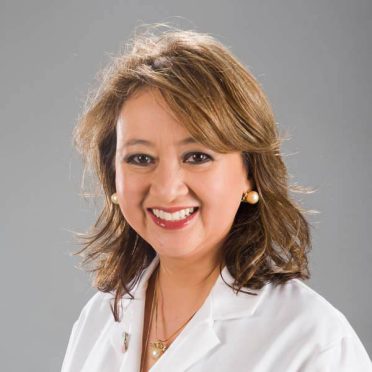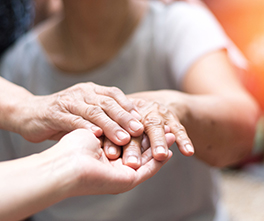Restless legs syndrome, a neurological disorder, causes creepy, crawling, itching, throbbing feelings in the legs at times accompanied by an uncontrollable urge to move them.
Up to 10 percent of the United States population experiences restless legs syndrome, with symptoms usually experienced at night while relaxing, resting or while in bed. The syndrome is classified a movement disorder because people must move their legs to relieve the symptoms.
Dr. J. Antonelle de Marcaida, director of the Movement Disorders Center at Hartford HealthCare, describes the key components of restless legs syndrome in this “Medical Rounds” appearance on WFSB.
Q. What is restless leg syndrome, or RLS?
A. Restless Legs Syndrome is a common but under-recognized neurological condition characterized by unpleasant sensations in the limbs resulting in an uncontrollable urge to move them. It occurs most commonly at night, thus frequently preventing or interrupting sleep.
Q. How would someone know if they had RLS?
A. The diagnostic criteria or clinical definition of RLS is best remembered by the acronym U-R-G-E, referring to U (Unpleasant sensation in the legs or limbs, occurring when a person is at R (Rest, relieved by) G (Getting up and going) and usually worst in the E (evening).
Q. You will be giving a talk in a couple of weeks about sleep impairment in RLS and Parkinson’s disease: Is there a connection between the two conditions?
A. Sleep impairment is a common and frequently debilitating problem in both conditions and, interestingly, although they do not share a common pathology in the brain, they are both treated effectively by a class of medication called dopaminergic drugs. There may be a higher incidence of RLS in patients with PD, but not vice versa.
Q. What can patients with Restless Legs Syndrome expect when they come to the Hartford Healthcare Movement Disorders Center?
A. At the Hartford Healthcare Movement Disorders Center, we have specialists who have been trained in the evaluation and treatment of patients with movement disorders, including RLS and Parkinson’s disease. We offer the latest diagnostic and therapeutic options for these conditions, and provide not only oral medications, but also wellness programs, alternative treatments such as acupuncture, psychosocial support and opportunities to participate in clinical trials.



